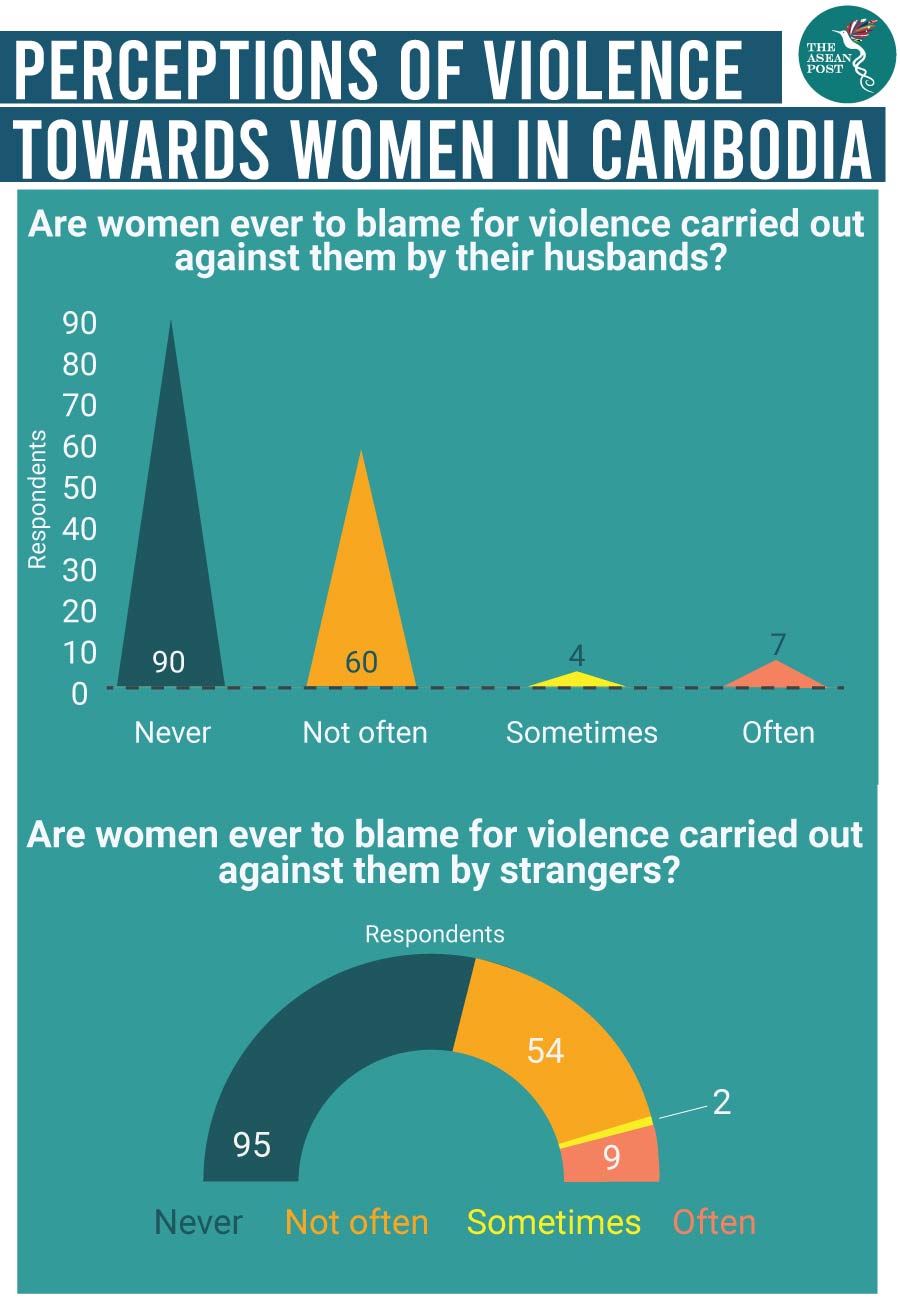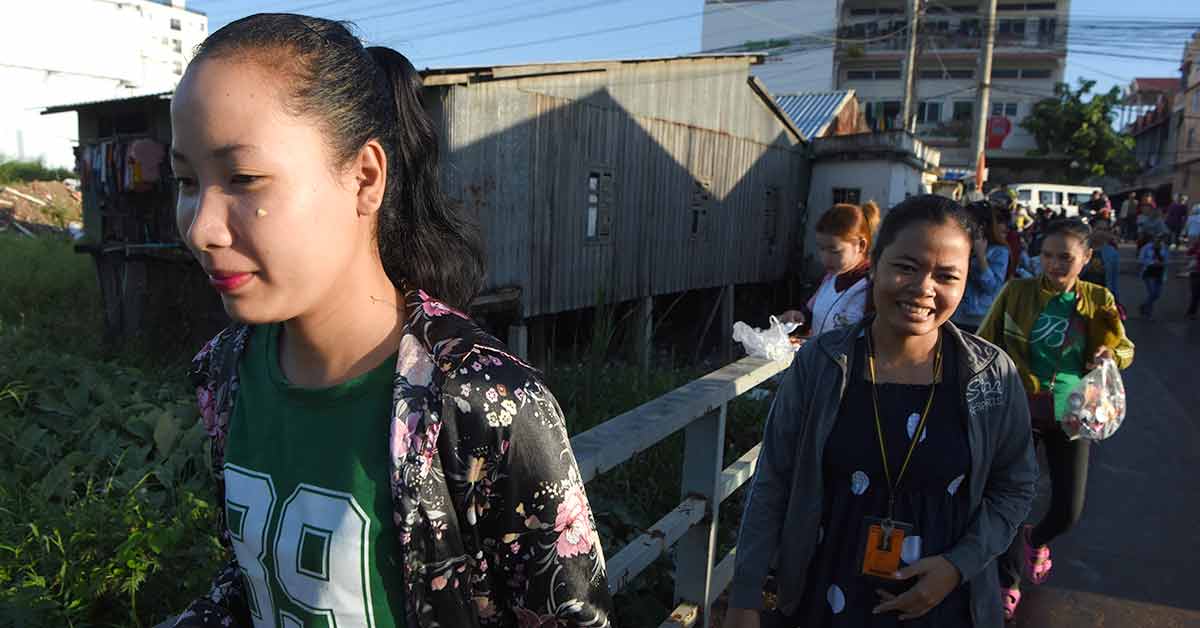21 Cambodian non-governmental organisations (NGOs) have renewed a call for the government to resolve 11 concerns regarding gender-based violence at work and the protection of workers’ fundamental freedoms and rights. In a joint statement released last Sunday, the local civil society organisations called on various government ministries and institutions to act in response to women’s needs.
The call was part of the 16-day Activism Against Gender-Based Violence campaign.
According to the NGOs, this is the third time they have reiterated their call for the 11 concerns to be resolved. The first time was during International Women’s Day in March, and the second was during the International Labour Day in May. To this day, however, the issues have remained unresolved.
“There have been several cases where local authorities have intervened only to encourage women to understand, tolerate and give another chance to the perpetrators, thus requiring women to change their attitude to avoid conflict, rather than bring the perpetrators to justice,” the NGOs’ statement said.
Among the 11 points being raised by the NGOs are (1) the inclusion of nurseries in the workplace and community-based kindergarten facilities in every commune; (2) a one-stop service centre for victims of domestic violence; (3) implementation of the International Labour Organisation’s (ILO) Convention on Violence and Harassment at work; (4) reforming the modes of transportation for workers in the textile, garment and footwear sectors; and (5) for the government to provide social protection for street vendors.
They have also called for (6) protection mechanisms for migrant workers to be strengthened; (7) to set a minimum wage and gratuities for workers in the tourism and construction sectors; (8) to strengthen the implementation of the law in relation to land disputes; (9) increase the respect, protection and promotion of trade union rights through amendments to the Law on Trade Unions; and (10) to have a minimum wage-setting mechanism to protect domestic workers.
On the matter of domestic workers, the NGOs also claimed that, currently, (11) there were no mechanisms or systems in place that would enable the supervision of working conditions or health and safety of migrant workers, and there was also no provision for the social protection of domestic workers overseas.
“House owners deprive women domestic migrant workers of their rights under the law to hold identification documents such as passports, as well as their right to communicate with people over the phone,” the statement said.

The cost of danger
Being unable to ensure the safety of female workers can be seen clearly in Cambodia’s garment industry where it is estimated that one out of every three female workers have experienced some form of sexual harassment.
According to the Care Cambodia development organisation, sexual harassment in the workplace could be costing the Cambodian garment industry as much as US$89 million per year. Jan Noorlander, the organisation's acting country director, told a Business of Women at Work forum that the huge sum was down to women calling in sick or resigning, reducing productivity, because they did not feel safe in their jobs.
“It means that the factory has to recruit more staff and it takes time, and these all affect productivity. If you add all of these things together in a very big industry it comes to a very high number,” he said.
Nevertheless, the president of the Cambodian Food and Service Workers Federation, Ou Tep Phallin, said on Monday that petitions submitted by the NGOs have still not been acted upon.
“There have been discussions about the Law on Trade Unions. But the comments from the unions had not been considered when making the amendments. So, we see no positive response to all the problems that were raised,” Phallin said.
She added that the 11-point petition listed priority issues that should be dealt with to improve the country’s development and ensure that people live in comfort, and have security and safety.
“Development should also address investment in human capital. If workers feel comfortable and safe at work and are paid and protected then this will translate to effective economic development,” she said, adding that the workforce - consisting of factory workers, street vendors, domestic workers, informal workers and farmers - are the veins of the country’s economy.
Related articles:
